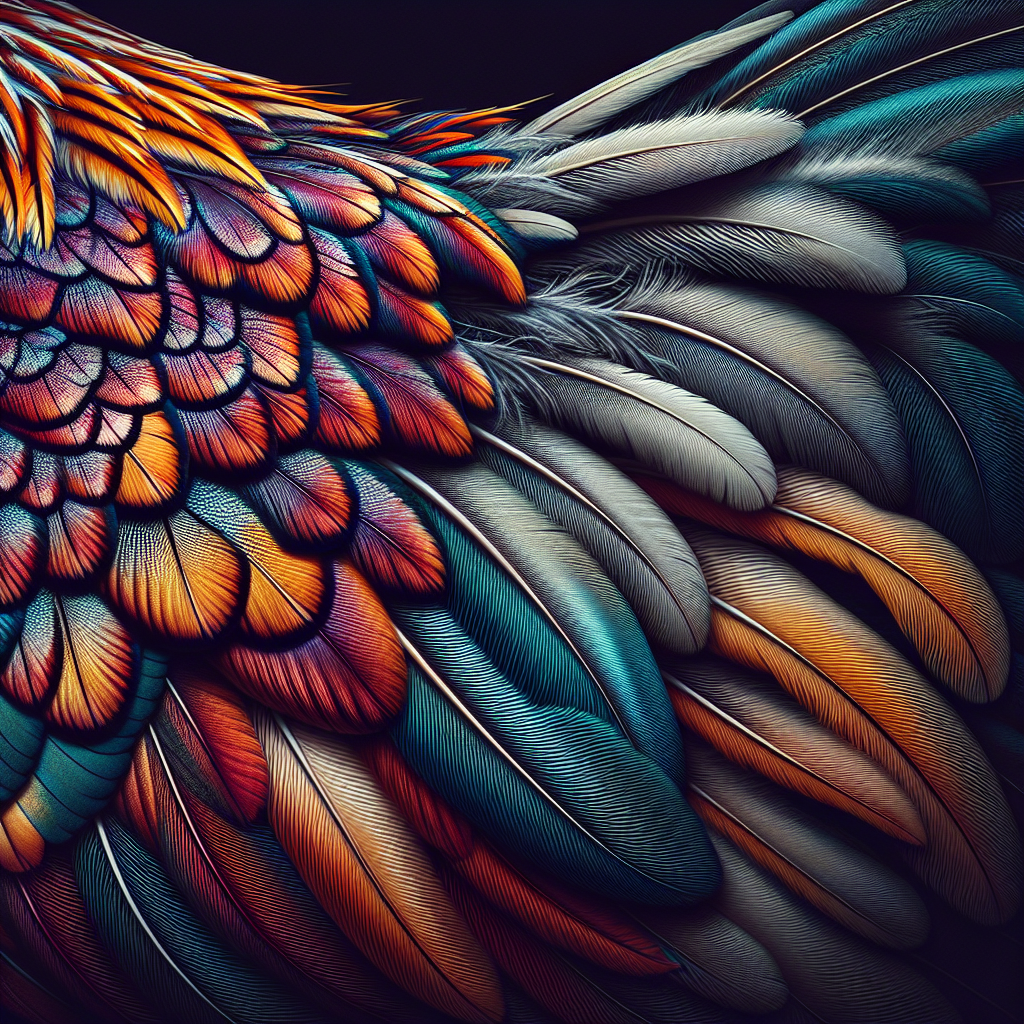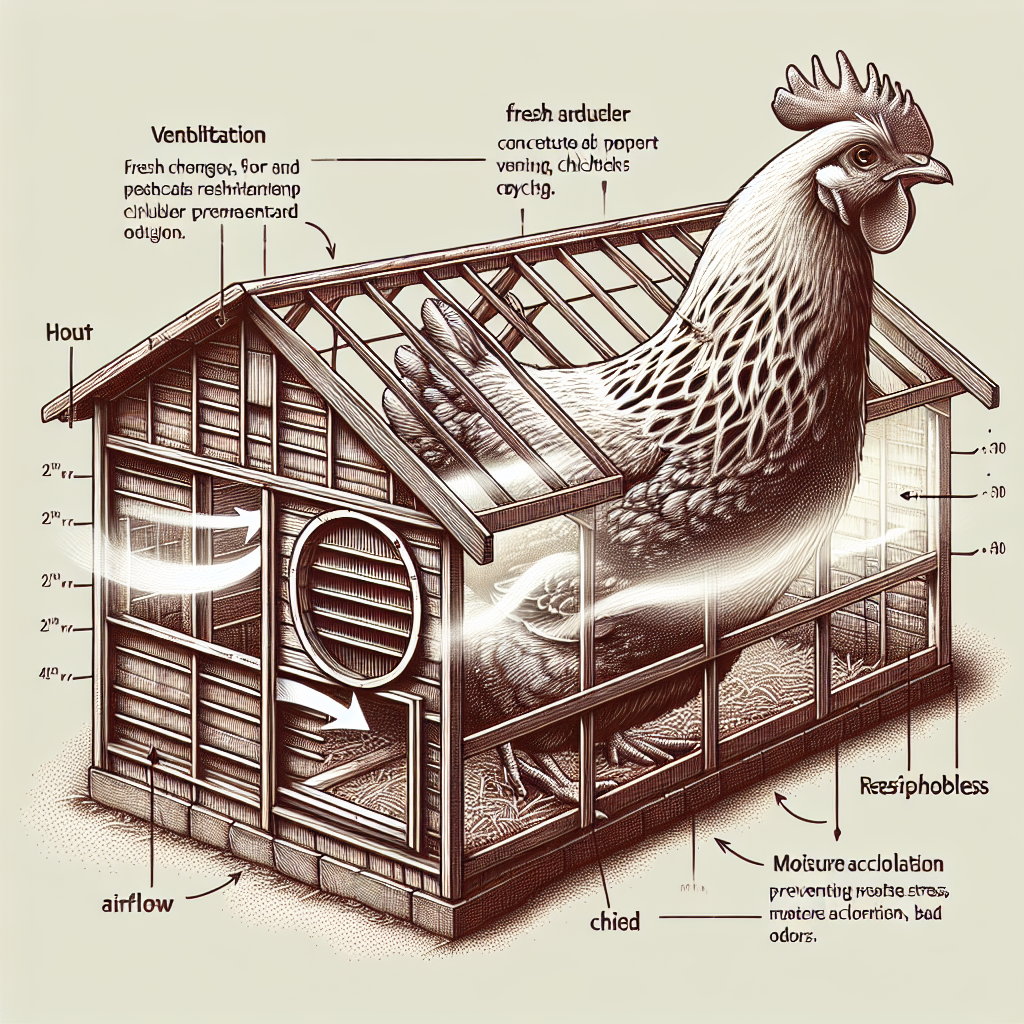If you own chickens or have ever considered raising them, you may have come across the concern of worm infestations. These pesky parasites can cause a range of health problems in our feathered friends, from decreased egg production to stunted growth. But fear not! In this article, we will explore some simple yet effective measures that you can take to protect your chickens from these unwanted visitors. So, grab your cup of tea and let’s roll up our sleeves to keep those adorable cluckers happy and healthy.
Preventive Measures
Maintaining Clean Living Conditions
To prevent worm infestations in chickens, it is crucial to maintain clean living conditions. This includes regularly cleaning and disinfecting the coop, removing any droppings or debris, and keeping the area free from moisture. By keeping the environment clean, you can minimize the risk of parasites thriving and infecting your flock.
Implementing Biosecurity Measures
Biosecurity measures play a vital role in preventing worm infestations in chickens. This includes implementing strict protocols to prevent the introduction of parasites into the flock. You should limit access to your poultry area, ensuring that only authorized individuals enter the premises. Additionally, all equipment and supplies should be cleaned and disinfected before and after use.
Regular Flock Inspections
Regular flock inspections are essential for early detection of worm infestations. By conducting thorough examinations of your chickens, you can identify any signs or symptoms of parasitic infections. Look out for abnormalities in behavior, weight loss, reduced egg production, and diarrhea. If you notice any alarming changes, contact a veterinarian for further diagnosis and treatment.
Natural Remedies
Garlic and Herbs
Garlic and certain herbs have natural properties that can help deter and control worms in chickens. Adding fresh or crushed garlic to their feed or water can act as a natural wormer, disrupting the life cycle of parasites. Additionally, herbs like thyme, oregano, and sage can strengthen the immune system and provide a natural defense against worms.
Apple Cider Vinegar
Apple cider vinegar is another natural remedy that can help combat worm infestations. Mixing a small amount of apple cider vinegar with your chicken’s drinking water can create an acidic environment in their digestive system, making it less hospitable for parasites. However, it is important to note that apple cider vinegar should be administered in moderation to avoid any negative effects on the chickens’ health.
Diatomaceous Earth
Diatomaceous earth (DE) is a powdery substance made from fossilized algae that can be an effective natural solution against worms in chickens. DE dehydrates and damages the exoskeleton of parasites, leading to their demise. It is important to choose food-grade diatomaceous earth for the safety of your flock. By regularly dusting their bedding and coop with DE, you can significantly reduce the risk of worm infestations.
Anthelmintic Treatment
Consulting a Veterinarian
When it comes to anthelmintic treatment for worm infestations in chickens, it is essential to consult a veterinarian. A professional can assess the severity of the infestation and prescribe the appropriate medication and dosage for your flock. It is important to follow their instructions carefully and not to self-administer any medications without expert guidance.
Choosing an Appropriate Anthelmintic
There are various anthelmintic options available for treating worm infestations in chickens. Your veterinarian will recommend the most suitable one based on the type of worms affecting your flock. It is crucial to choose an anthelmintic that targets the specific parasites, as different medications are effective against different types of worms.
Administering the Treatment
Proper administration of anthelmintic treatment is crucial for its effectiveness. Follow your veterinarian’s instructions regarding the dosage and mode of administration. Some medications may require mixing with the flock’s water or feed, while others may need to be directly administered orally. It is important to ensure that each chicken receives the appropriate amount of medication to effectively rid them of worms.
Hygiene Practices
Proper Cleaning and Disinfection
Maintaining proper cleaning and disinfection practices is essential to prevent worm infestations in chickens. Regularly clean the coop, removing any droppings, feathers, or debris that could serve as breeding grounds for parasites. Use appropriate disinfectants to kill any remaining parasites or eggs. Cleaning should be done thoroughly and frequently to minimize the risk of worm infestations.
Avoiding Parasite Contamination from Wildlife
Wildlife, such as rodents and wild birds, can be carriers of parasites that can easily spread to your flock. To avoid parasite contamination from wildlife, it is important to minimize their access to the chicken coop and nesting areas. Seal any entry points, secure feed storage areas, and keep the surrounding area clean and free from attracting wildlife.
Effective Waste Management
Proper waste management is crucial for preventing worm infestations in chickens. Ensure that manure and waste are disposed of properly, away from the coop and any areas where chickens have access. Avoid piling up manure or allowing it to accumulate, as it can become a breeding ground for parasites. Regularly remove and dispose of waste to maintain a clean and healthy environment.
Biosecurity Measures
Restricted Access and Isolation
Implementing restricted access measures is essential for preventing worm infestations. Only allow authorized individuals into the poultry area to minimize the risk of introducing parasites. Additionally, if you have new birds, it is crucial to keep them isolated from the existing flock for a period of time to prevent the spread of any potential infections.
Quarantine and Testing of New Birds
When introducing new birds to your flock, it is important to quarantine them for a specific period. This allows you to observe their health and conduct necessary testing, including fecal egg count, to detect any potential worm infestations. Quarantine helps prevent the spread of parasites to the existing flock and allows for prompt treatment if necessary.
Sanitation Practices
Maintaining high standards of sanitation is crucial for preventing worm infestations in chickens. Regularly clean and disinfect any equipment, tools, or materials used in the poultry area. This includes waterers, feeders, and nesting boxes. By practicing good sanitation, you can minimize the risk of parasites thriving in the environment and spreading to your flock.
Feeding and Nutrition
Providing a Balanced Diet
Offering a balanced diet is essential for maintaining the overall health and immune system of your chickens. A well-balanced diet will enhance their resistance to parasitic infections. Ensure that your chickens receive a diet that includes a mix of grains, proteins, vitamins, and minerals. Fresh fruits and vegetables can also provide additional nutrients to support their immune system.
Feeding Garlic and Pumpkin Seeds
Garlic and pumpkin seeds have natural properties that can help combat worm infestations in chickens. Consider incorporating crushed garlic or powdered garlic into their feed to repel and control parasites. Pumpkin seeds can also act as a natural dewormer, and feeding them to your chickens can help prevent and reduce the risk of worm infestations.
Avoiding Overcrowding and Stress
Overcrowding and stress can weaken the immune system of your chickens, making them more susceptible to worm infestations. Provide adequate space for your chickens to move and thrive. Avoid overcrowding the coop and ensure that they have access to clean water, appropriate ventilation, and a stress-free environment. A healthy and stress-free flock is less likely to suffer from worm infestations.
Environmental Management
Rotational Grazing
Implementing rotational grazing can help reduce the risk of worm infestations in chickens. Rotational grazing involves periodically moving the flock to different areas, allowing the pasture to rest and preventing a buildup of parasites. This management practice helps interrupt the parasite lifecycle and minimizes the exposure of your flock to potential infective stages.
Deep Litter Management
Proper deep litter management is crucial for preventing worm infestations in chickens. Deep litter systems involve layering the floor of the coop with organic materials like straw or wood shavings. This bedding creates a dry, airy, and absorbent environment that discourages parasite reproduction. Regularly turning and replenishing the litter will help maintain its effectiveness.
Avoiding Wet and Damp Areas
Worms thrive in wet and damp areas, so it is important to avoid such environments. Ensure that the coop is well-drained and free from leaks. Fix any potential sources of water accumulation around the coop, such as faulty drainage or watering systems. By keeping the coop dry and well-ventilated, you can significantly reduce the risk of worm infestations.
Preventive Medication
Consulting a Veterinarian
When it comes to preventive medication for worm infestations in chickens, it is advisable to consult a veterinarian. They can guide you in selecting the appropriate medication and dosage based on the specific needs of your flock. A veterinarian will also consider other factors like the flock’s overall health and any previous instances of worm infestation.
Appropriate Medication Selection
Various preventive medications are available to control and prevent worm infestations in chickens. Your veterinarian can recommend the most suitable medication based on the types of parasites prevalent in your area and the specific needs of your flock. It is important to choose medications that are effective against the target worms and safe for chickens.
Administering Medication Properly
Proper administration of preventive medication is crucial for its effectiveness. Follow your veterinarian’s instructions regarding dosage, frequency, and mode of administration. Some medications may need to be mixed with feed or water, while others may require direct application. Administer the medication to each chicken individually to ensure that all birds receive the appropriate dose.
Flock Health Monitoring
Regular Check-Ups
Regular check-ups with a veterinarian are essential for monitoring the health of your flock and detecting any early signs of worm infestations. Schedule routine examinations to check for weight loss, abnormalities, or changes in behavior. Early detection allows for timely intervention, reducing the risk of severe infestations and potential harm to your flock.
Fecal Egg Count Testing
Fecal egg count testing is a valuable tool for monitoring worm infestations in chickens. This test involves collecting a sample of feces from the flock and sending it to a laboratory for analysis. The results indicate the presence and quantity of parasite eggs, helping you determine the efficacy of your current management and treatment protocols.
Monitoring Egg Quality and Production
Changes in egg quality and production can also be indicators of worm infestations in chickens. Keep a record of the number, size, and quality of eggs your flock is producing. A sudden decrease in egg production, changes in shell quality, or the presence of abnormal eggs may indicate the presence of parasites. Regularly monitor these indicators and seek veterinary advice if necessary.
Educating Poultry Keepers
Understanding Worm Life Cycles
Educating poultry keepers about worm life cycles is essential for preventing and managing infestations. Understanding how worms reproduce, where they reside, and how they infect chickens can help poultry keepers implement targeted control measures. Awareness of the various stages of the worm life cycle can aid in identifying and interrupting parasite development.
Identifying Symptoms and Signs of Infestation
Knowledge of the symptoms and signs of worm infestations is crucial for timely intervention. Poultry keepers should be familiar with the common signs, including weight loss, pale combs, diarrhea, and reduced egg production. Regular observations and awareness of these symptoms will enable poultry keepers to promptly seek veterinary assistance and implement appropriate treatment.
Promoting Best Practices
Promoting best practices among poultry keepers is essential for preventing worm infestations. Sharing knowledge about proper hygiene, biosecurity, and good management practices can help minimize the risk of parasitic infections. Poultry keepers should encourage each other to follow preventive measures, provide support, and share information to create a community dedicated to keeping chickens healthy and worm-free.
In conclusion, taking preventive measures, incorporating natural remedies, administering anthelmintic treatment when necessary, practicing good hygiene, implementing biosecurity measures, providing a balanced diet, managing the environment effectively, using preventive medication, monitoring flock health, and educating poultry keepers are all essential steps in preventing worm infestations in chickens. By implementing these measures and keeping a watchful eye on the health of your flock, you can ensure that your chickens remain healthy, happy, and free from worm infestations.




